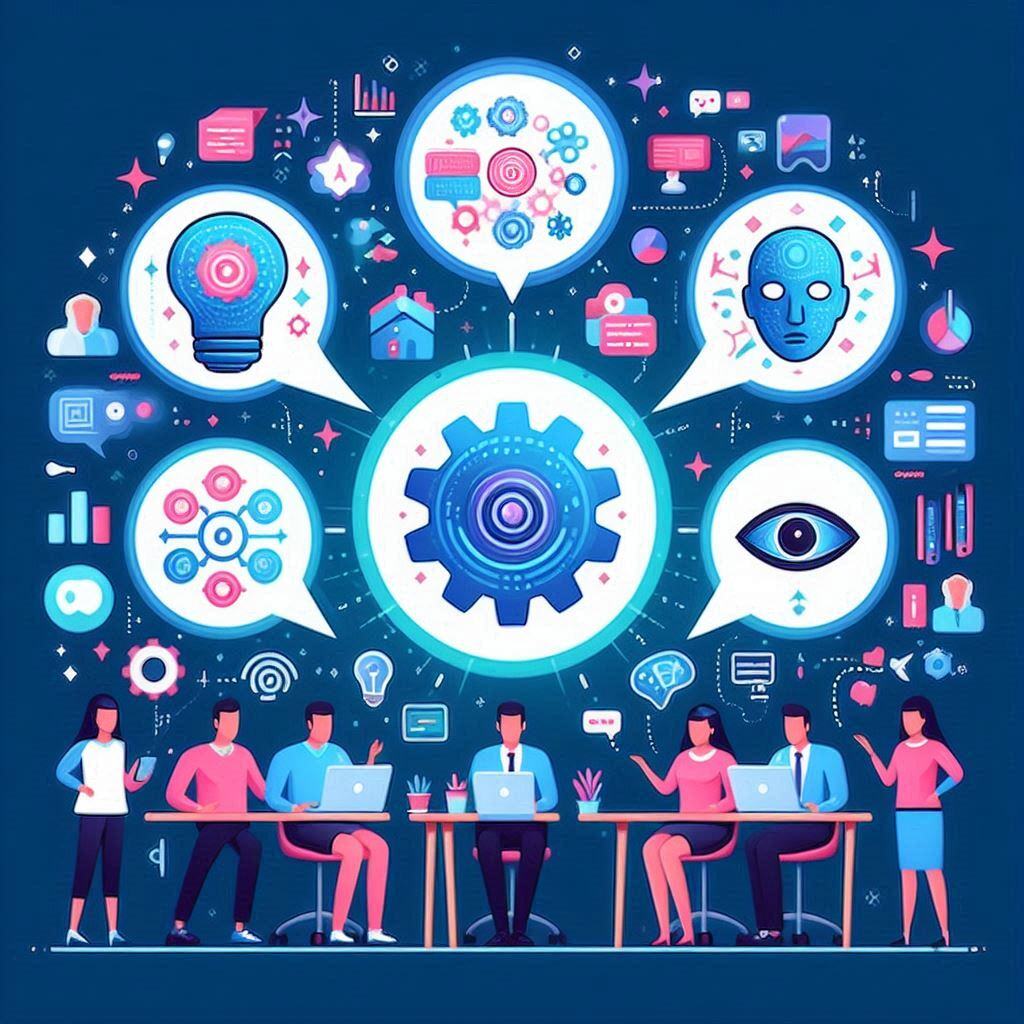Generative AI vs. Predictive AI: Key Differences
Artificial Intelligence (AI) has become an integral part of our daily lives, driving advancements across various industries. Among the many forms of...
Uncover the power of reasoning engines, the brains behind intelligent AI decision-making. Explore how AI thinks, adapts, and solves complex problems.
Artificial intelligence (AI) has evolved far beyond simple rule-based systems. Today, intelligent AI agents are making complex decisions, solving intricate problems, and even generating creative content. The secret behind this advanced capability lies in the heart of AI architecture: the reasoning engine.
A reasoning engine is a specialized software component that empowers AI systems to think, analyze, and make informed decisions. It goes beyond simply processing data; it goes into the understanding, inference, and logical deduction.
The inner workings of a reasoning engine are a blend of logic, mathematics, and computational power. Here's a simplified explanation of the process:
A hallucination in the context of AI refers to a situation where the AI generates output that is factually incorrect or unrelated to the input. This can happen when the reasoning engine lacks sufficient information, makes incorrect inferences, or relies on biased or incomplete data.
Reasoning engines offer several advantages over traditional rule-based AI systems:
Automated reasoning is a subfield of AI that focuses on developing computer programs that can reason logically and autonomously. It aims to create systems that can prove theorems, verify the correctness of software, or even generate new scientific hypotheses. Reasoning engines are a key component of automated reasoning systems.
At Integrail, we recognize that building sophisticated AI systems requires more than just powerful hardware and algorithms. It demands a deep understanding of reasoning engines and the ability to harness their potential effectively. Our platform goes beyond providing basic tools; we offer a comprehensive ecosystem that empowers businesses to create intelligent agents capable of complex reasoning, problem-solving, and decision-making.
By leveraging Integrail's advanced reasoning capabilities, you can unlock the full potential of AI, drive innovation, and gain a competitive edge.
Reasoning engines are the brains behind intelligent AI systems. They are the key to unlocking the next generation of AI applications that can truly understand, reason, and make decisions like humans. With Integrail, you can harness the power of reasoning engines to create AI agents that drive innovation and transform your business.
Ready to supercharge your AI initiatives? Contact Integrail today to learn how our platform can help you leverage the power of reasoning engines.

Artificial Intelligence (AI) has become an integral part of our daily lives, driving advancements across various industries. Among the many forms of...

As AI systems become more embedded in everyday life, organizations and users need to understand why and how AI makes decisions. This is where...

The Transformer model has completely reshaped the way artificial intelligence handles language. If you’ve ever used tools like ChatGPT or marveled at...
Start your journey with Integrail

Try AI Studio by Integrail FREE and start building AI applications without coding.

NEW White Paper: Discover how AI Studio accelerates your workflows